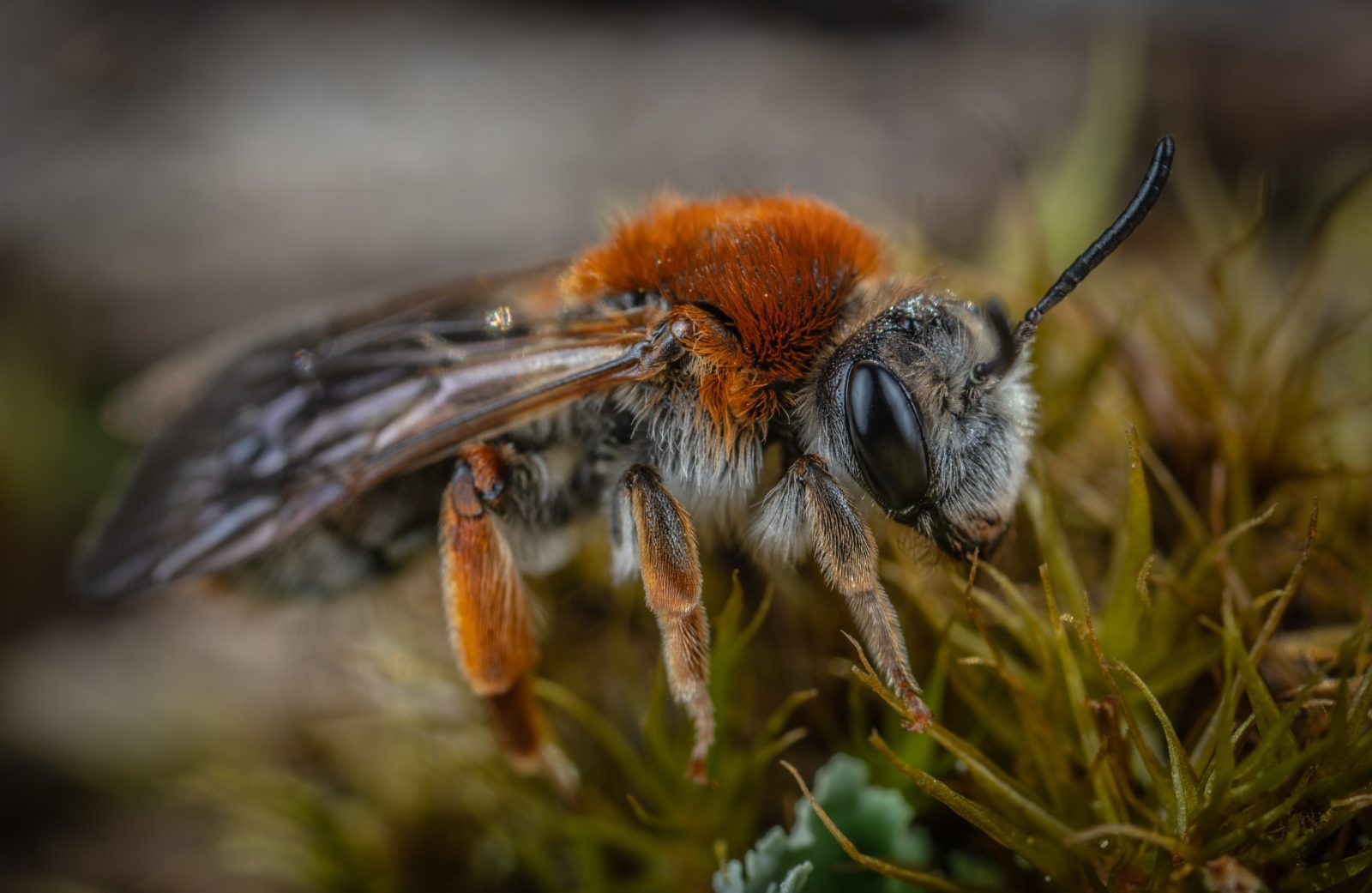The presence of the Asian Hornet has been confirmed for the first time in the Czech Republic. This non-native invasive species can significantly harm bee colonies as it feeds on bees. The hornets were discovered in Plzeň on Thursday, as the Agency for Nature Conservation and Landscape Protection (AOPK ČR) reported.
“We received a report yesterday that large hornets were seen in Plzeň, and the photographs indicated they were likely Asian hornets. Today, we went to the location and confirmed that it is indeed this invasive species. We will now try to locate the nest, contact the firefighters to eliminate them, and inform the local authorities and the public,” said Tomáš Görner from AOPK ČR on Friday.
“It is hazardous for bees, which it attacks in beehives. The nests are round to pear-like with an entrance on the side. They are most commonly found high in the crowns of deciduous trees or human structures, and occasionally in the ground,” added his colleague, Karolina Šůlová.
It is important to immediately report any suspicious findings by emailing invaznidruhy@nature.cz. “It is advisable to include a photograph to rule out confusion with other insect species and provide a more accurate description if possible,” she concluded.
Asian hornets have already been present in several European countries for several years. The colder weather has complicated their occurrence in the Czech Republic.
Part of Europe Faces Invasion of Aggressive Asian Hornets, Czech Scientists Warn
Asian hornets were first recorded on the European continent in 2004 in France. They subsequently spread to Spain and Portugal. In recent years, isolated nests have also been discovered in Germany and the United Kingdom.
“This summer, they appeared in Hungary near the Slovak border. Based on experiences from countries with long-term data, such as Portugal, Spain, France, and Belgium, it is important to eliminate found nests immediately. Underestimating the situation in the early years of their presence leads to their permanent settlement and challenging eradication,” warned Šůlová.
While experts cannot confidently say whether Asian hornets can survive in our conditions, they believe it is unlikely.
“However, it is possible that the Asian hornet will adapt to Central European conditions to the extent that it can overwinter here. Particularly, changes in temperatures in the coming years may result in an environment that becomes more suitable for these hornets,” estimated Jiří Danihlík from the Department of Biochemistry at the Faculty of Science, Palacký University Olomouc.





